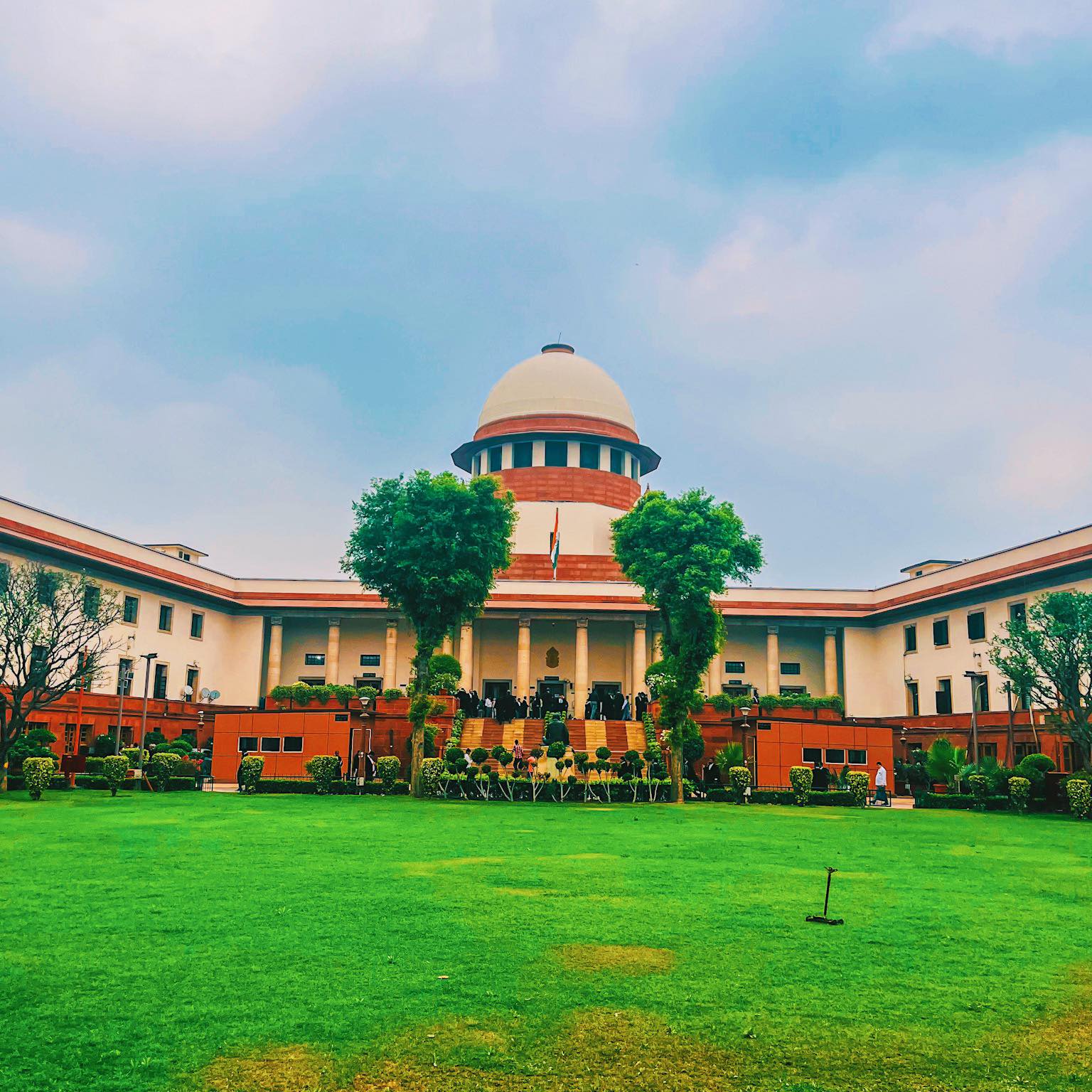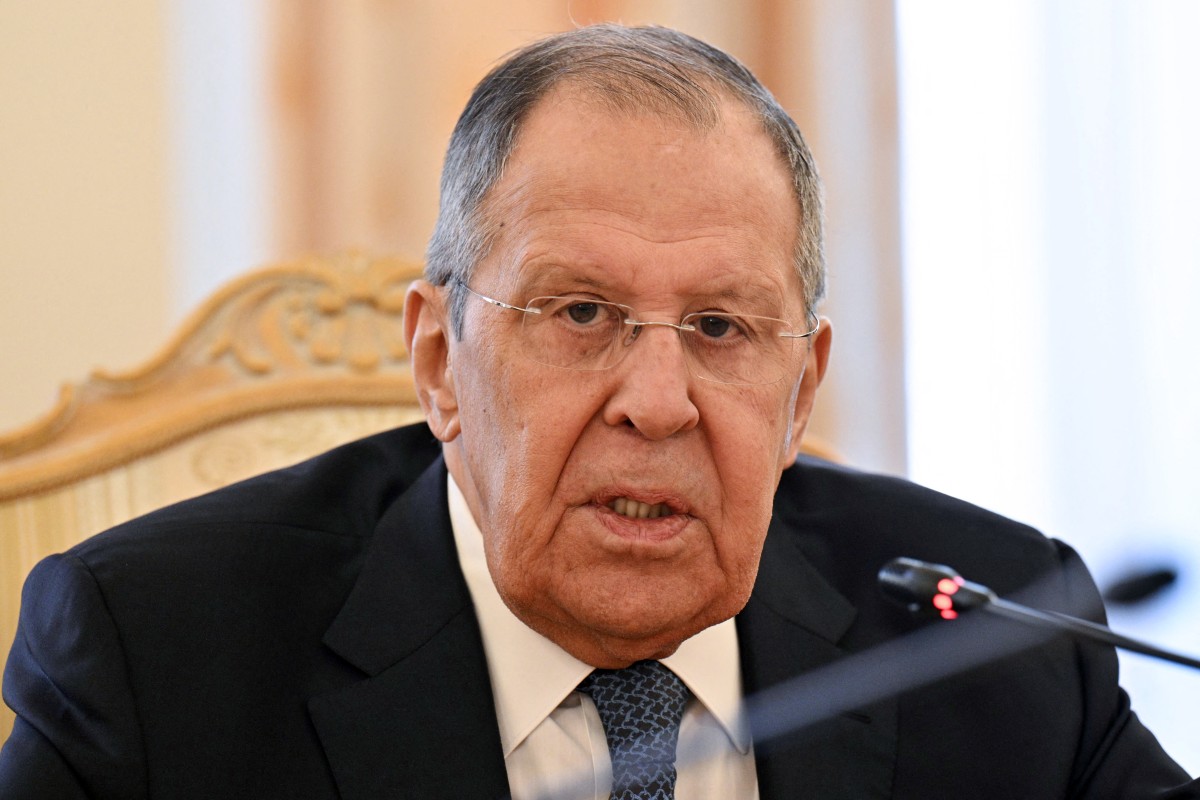ISLAMABAD: India’s Supreme Court has suspended key provisions of a recently enacted Muslim property law, following petitions by Muslim groups and opposition parties, international media reported.
The Waqf (Amendment) Act, passed earlier this year, required Muslim waqf boards to furnish valid documentation to claim ownership of properties. It also gave the government the final authority in resolving disputes, provisions that the court said violated constitutional principles.
The government defended the legislation, saying it aims to bring transparency and better governance to the management of waqf assets. Muslim rights groups, however, argue that the bill infringes on minority rights.
Waqf refers to land or property donated by Muslims for religious, educational, or charitable purposes, often used for mosques, madrassas, graveyards, and orphanages. Such properties, estimated to be worth billions of dollars, are considered vital to the country’s 200 million Muslims.
Over the decades, many waqf properties have been legitimized through customary or oral declarations, based on continuous use by Muslim communities. Critics say the amended law undermined these traditional claims.
In its ruling, the Supreme Court stated that allowing the government to determine property rights would bypass the judiciary and breach the separation of powers. It struck down the provision giving the executive final say in disputes over waqf land.
The court did not block a clause allowing the nomination of non-Muslims to waqf boards, but capped their representation. It limited non-Muslim members to four on the 22-member federal board and three on the 11-member state-level boards.
The bench also noted that "efforts should be made" to ensure that the boards’ chief executive officers come from the Muslim community.
The law, passed in April, triggered protests and legal challenges from Muslim organizations and opposition leaders, who accused Prime Minister Narendra Modi’s government of targeting Muslim institutions.
The Supreme Court heard the case over three consecutive days in May and reserved its verdict on May 22.
The waqf properties are currently overseen by state-level boards and a central council, which includes Muslim lawmakers, legal experts, Islamic scholars, and property managers.






